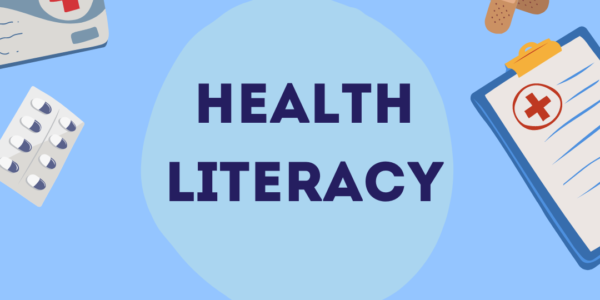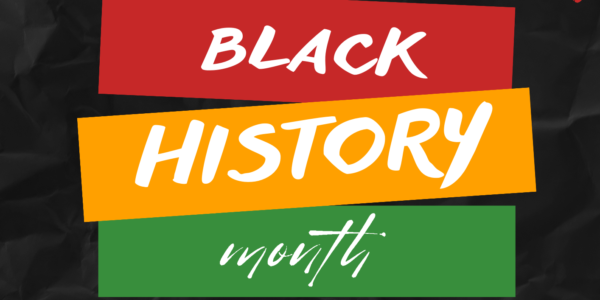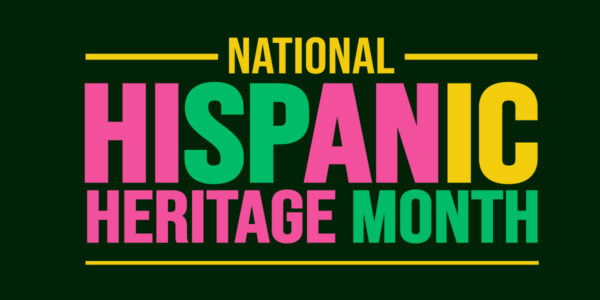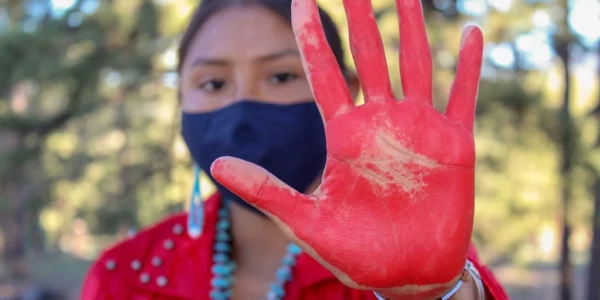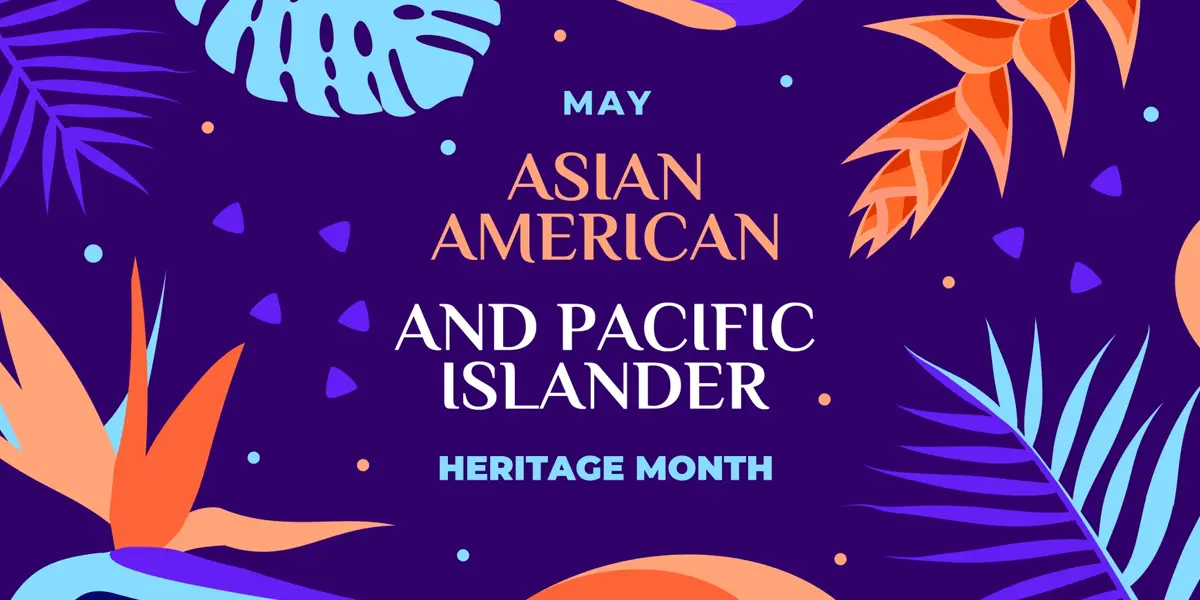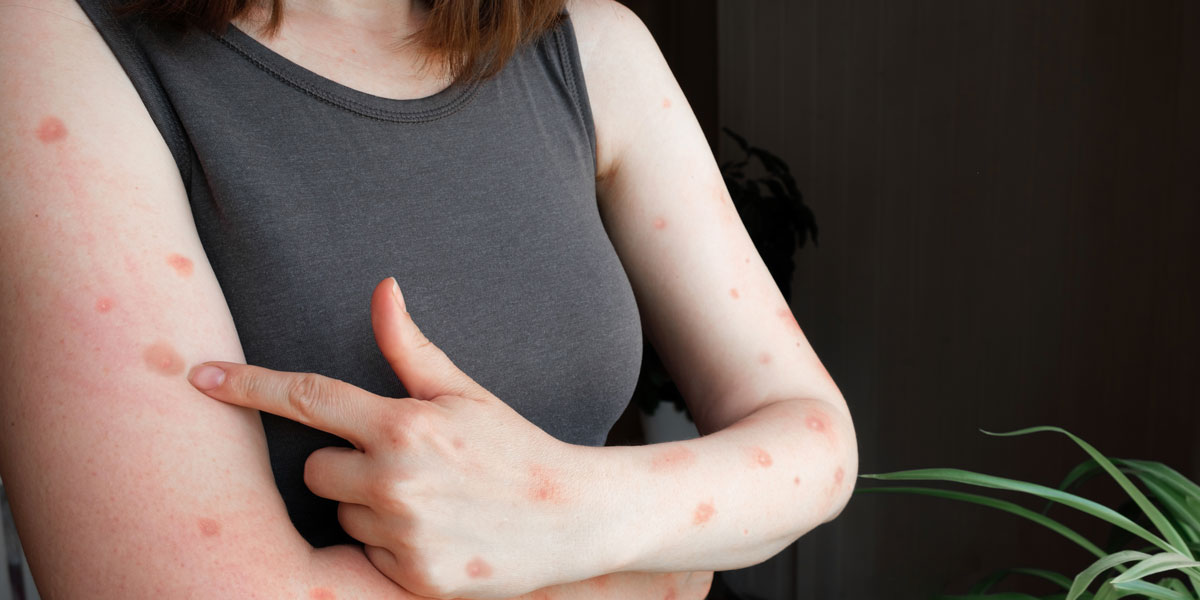By Baily Adams
As the calendar rolls into November, it marks the beginning of Diabetes Awareness Month, a time dedicated to raising awareness about a chronic disease affecting millions worldwide (1). This annual observance serves as a reminder of the impact of diabetes on individuals and communities worldwide. Diabetes is a chronic condition characterized by high blood sugar levels, affecting 1 in 10 Americans (2). It has become the 8th leading cause of death, so it is vital to raise awareness about the different types and the risk factors for each (3).
- Type 1: Caused by an immune reaction where an individual’s pancreas cannot make insulin. Risk Factors: Family history of type 1 diabetes and age. Children, teens, and young adults typically develop it (4).
- Type 2: Cells do not respond typically to insulin and cause insulin resistance. The pancreas makes more insulin to get cells to respond, yet it cannot keep up with demand, which causes blood sugar to spike. Risk Factors: Being overweight, 45+ years older, having a family history of type 2 diabetes, and having a sedentary lifestyle (4).
As we observe Diabetes Awareness Month, it is important to shed light on the disproportionate impact of diabetes on African-American and Native American communities. In 2018, African-American adults were 60% more likely to be diagnosed with diabetes than non-Hispanic white adults (5). Similarly, Native American adults are three times more likely to be diagnosed with diabetes than non-Hispanic white adults and in 2010, 1 in 6 Native American and Alaska Native Adults were diagnosed with diabetes (6, 7) Risk factors such as genetic predisposition, socioeconomic disparities, and limited access to healthcare may contribute to the increased disease prevalence in this population. Historical trauma, loss of traditional lifestyles, and limited access to nutritious food may also be contributing factors (8).
This November, it is important to raise awareness of the risk factors for Diabetes, as well as the disproportionate impact of this disease on Native American and African American communities. By recognizing the unique challenges these populations face and implementing culturally sensitive strategies, we can work towards reducing the prevalence of diabetes and improving health outcomes.
Some things that individuals and organizations can do to bring awareness to this disease and decrease disparities are listed below:
- Exercise your right to vote on policies that help lower the cost of diabetes care and create funding for outreach programs
- Empower individuals by creating diabetic support groups
- Invest in tailored interventions and treatment strategies specific to African-American and Native-American populations.
- Create education programs that promote physical activity, healthy eating habits, and regular health check-ups to detect and manage diabetes early on (9, 10)
Below are additional resources on diabetes
https://diabetes.org/about-us/health-equity-commitment
https://www.dignityhealth.org/las-vegas/diabetes-awareness-month
- Stand with us in the fight. American Diabetes Month. Accessed November 7, 2023. https://www2.diabetes.org/get-involved/community/american-diabetes-month#:~:text=November%20is%20American%20Diabetes%20Month%C2%AE.&text=Every%20year%2C%20our%20community%20comes,aware%20of%20their%20risk%2C%20too.
- The facts, stats, and impacts of diabetes. Centers for Disease Control and Prevention. April 4, 2023. Accessed November 7, 2023. https://www.cdc.gov/diabetes/library/spotlights/diabetes-facts-stats.html#:~:text=Key%20findings%20include%3A,t%20know%20they%20have%20it.
- Diabetes quick facts. Centers for Disease Control and Prevention. April 4, 2023. Accessed November 7, 2023. https://www.cdc.gov/diabetes/basics/quick-facts.html.
- Diabetes risk factors. Centers for Disease Control and Prevention. April 5, 2022. Accessed November 7, 2023. https://www.cdc.gov/diabetes/basics/risk-factors.html.
- Diabetes and African Americans. Office of Minority Health. November 10, 2022. Accessed November 7, 2023. https://minorityhealth.hhs.gov/diabetes-and-african-americans#:~:text=In%202018%2C%20African%20American%20adults,with%20diabetes%20by%20a%20physician.
- Diabetes and American Indians/Alaska natives. Office of Minority Health. 2021. Accessed November 7, 2023. https://minorityhealth.hhs.gov/diabetes-and-american-indiansalaska-natives#:~:text=American%20Indian%2FAlaska%20Native%20adults,to%20be%20diagnosed%20with%20diabetes.
- Nicoa. Diabetes is still highest among AI/AN. NICOA. June 27, 2022. Accessed November 7, 2023. https://www.nicoa.org/diabetes-still-highest-among-ai-an/.
- McLaughlin S. Traditions and diabetes prevention: A healthy path for Native Americans. American Diabetes Association. January 1, 2010. Accessed November 7, 2023. https://diabetesjournals.org/spectrum/article/23/4/272/31851/Traditions-and-Diabetes-Prevention-A-Healthy-Path.
- We’re putting people first. Health Equity | ADA. Accessed November 7, 2023. https://diabetes.org/about-us/health-equity-commitment.
- Advancing Health Equity. Centers for Disease Control and Prevention. May 4, 2023. Accessed November 7, 2023. https://www.cdc.gov/diabetes/health-equity/index.html.



